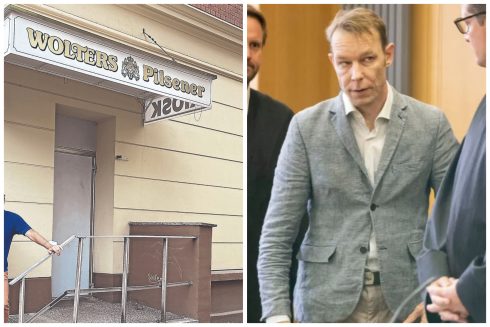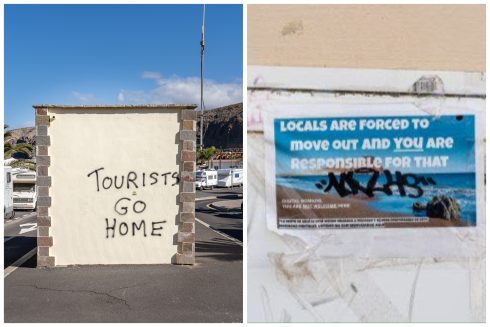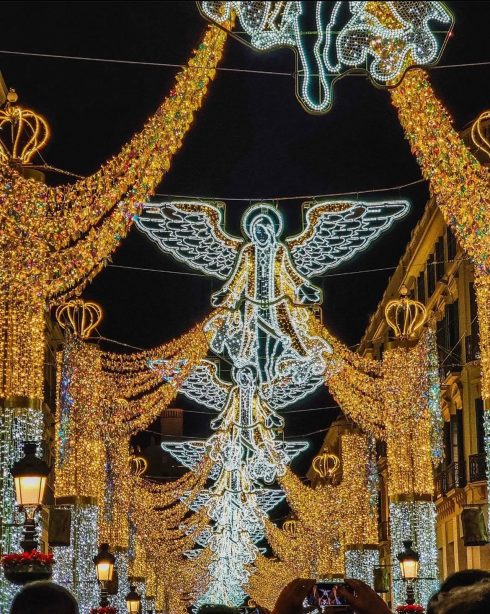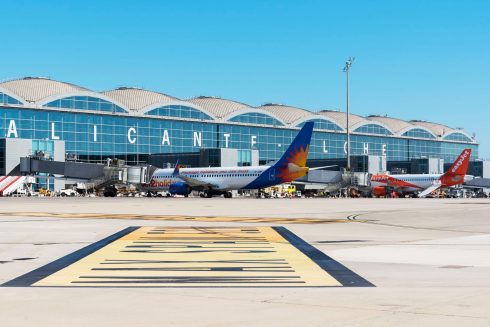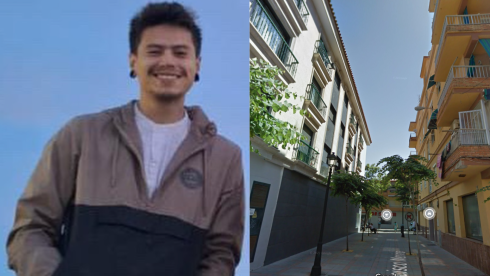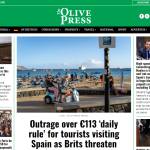THE release of the new Netflix documentary, Harry & Meghan, has set off a firestorm – but not perhaps the one people expected.
A school girl TikTok user was shocked and incredulous to see that the Spanish name for the series translated Harry’s name, raising the ire of a firestorm among indignant Spanish users.
“In Spain they translated Harry’s name,” sofi4.gr wrote in all caps, filming herself with her hand over her mouth.
Suddenly, Harry & Meghan became Enrique & Meghan.
Furthermore, English users were shocked to find that in Spain, King Charles was El Rey Carlos and Prince William was Principe Guillermo.
The post quickly went viral around the world, creating a kind of culture clash as some expressed astonishment at this custom while others defended it.
One user wrote: “Been in Spain for 3 months and the royal family has been on the news nonstop. Tell me why I had no idea who they were talking about till last week.”
“I never knew this was a thing,” wrote one commenter.
Another added: “This was the biggest culture shock for me living in Spain too.”
A third argued: “How can you translate a name? A name is a name.”
But feeling that their habits and customs were coming under attack, some users tried to ridicule the shock as ignorance.
Mamasita wrote: “When they realise that we called her Isabel II instead of Elizabeth II, they’re going to have an embolism.”
Judit chimed in, asking: “Is this a joke? We’ve always translated the names of royalty. Queen Isabel doesn’t remind you of anything? Enrique VIII?”

Maria Almudena Ortiz Rodriguez informed readers that ‘since time immemorial the names of royalty have always been translated, and they have their version in Spanish.”
Others tried to turn the table on the English speakers, pointing out that the names of Spanish royalty are translated into English – but with hit and miss accuracy.
The present King of Spain is referred to by his Spanish name, Felipe, but on the other hand everyone has heard of Catherine of Aragon, whose real name was in fact Catalina de Aragon.
But it is largely true that the names of royalty, as well as those of saints, popes and religious figures have always been translated – stemming back, according to the Economist, from an era when Europe thought of itself as ‘Christendom’.
In an era when most names derived from religious origins, it was easy to translate them among languages.
But in the modern, globalised, international era we find ourselves in, the custom becomes incoherent and even a little provincial.
People from other languages joined in, declaring that in French and Greek the habit has been abandoned, while in Italian and Portuguese it lives on.
Either way, the debate probably advances cultural understanding a little.
READ MORE:
- Madrid brought to a standstill as heavy rain floods Metro system, causes traffic jams and halts trains
- Businessmen arrested in Spain’s Costa Blanca and Valencia for helping counterfeiter to print eight million euros



